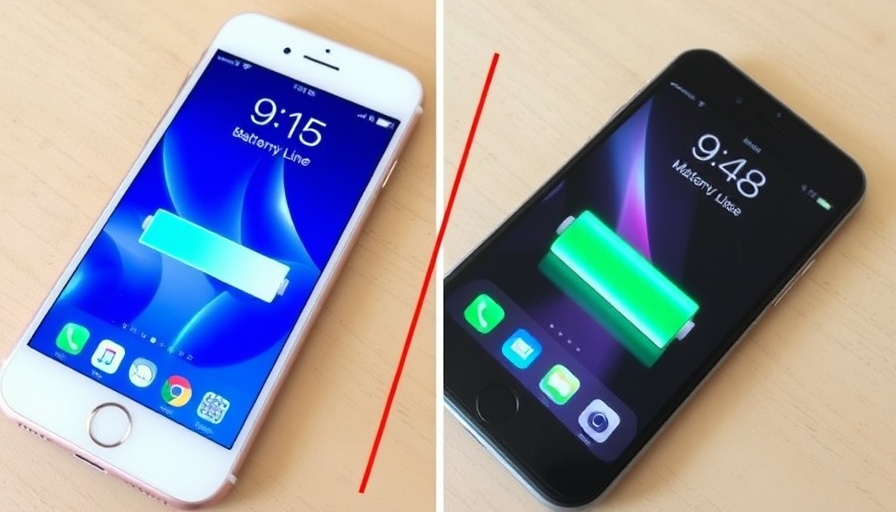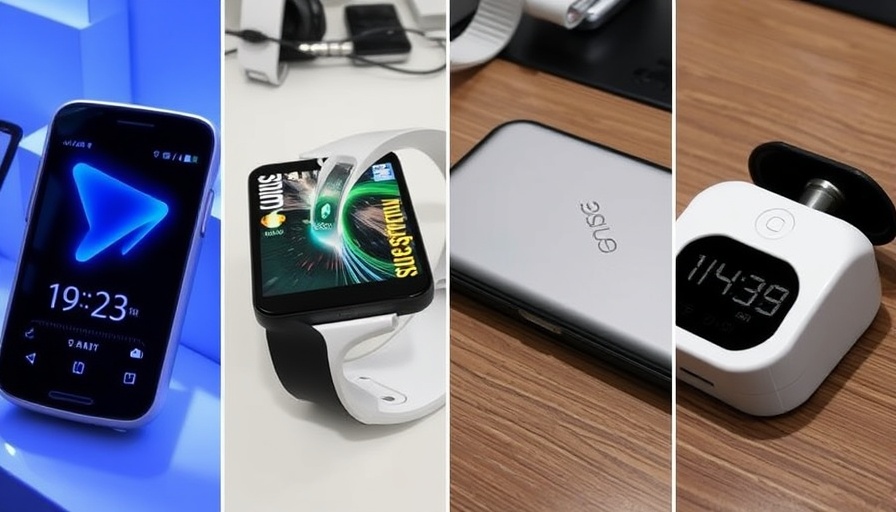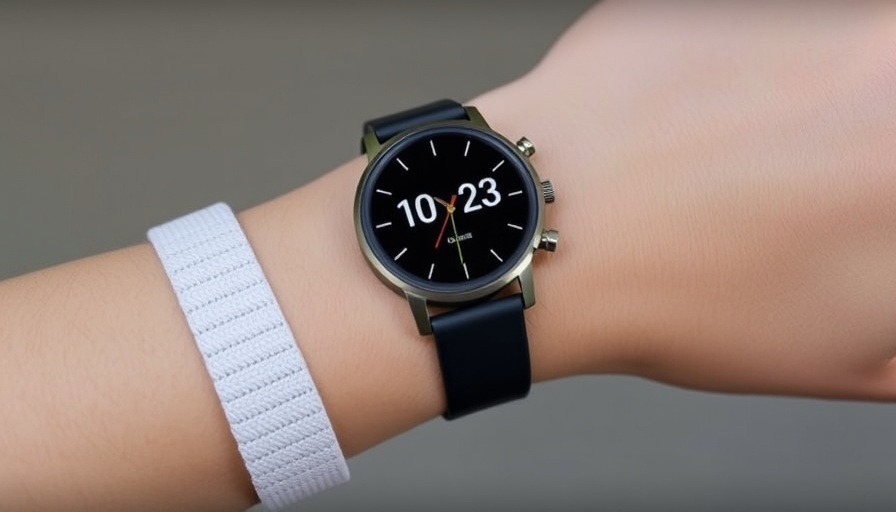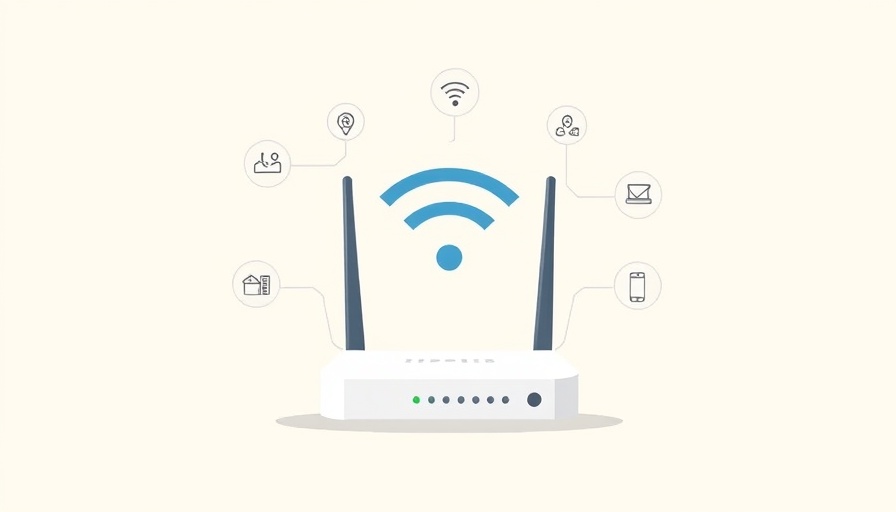
Has Your iPhone's Battery Life Deteriorated Too?
In a world where smartphones are essential to our daily lives, a reliable battery remains one of the most pivotal features. It’s disheartening, therefore, to see a device that you spent hundreds of dollars on struggle to get through a day. Recently, an article highlighted a concerning issue where the author's iPhone 15 Pro Max battery life declined drastically in just under 18 months. This revelation not only raises eyebrows but sparks a broader conversation about battery lifespan standards—especially for a device that's supposed to last through significant daily use.
Understanding Battery Health
Batteries are crucial components of our devices, and understanding their lifespan can empower users. According to Apple, a well-maintained battery should retain up to 80% of its original capacity after 1,000 charge cycles, given “ideal conditions.” However, the truth can sometimes be much different. Factors affecting battery health include temperature, charging habits, and software updates. Many users often experience a decline in battery performance long before reaching that cycle mark, leading to frustration and dissatisfaction.
Exploring Common Misconceptions
One common misconception is that batteries naturally degrade in a linear way, meaning users expect a gradual decline over time. However, many smartphone owners find that their devices can suddenly exhibit significantly degraded performance. Thus, understanding the variability in battery lifespan is essential—not just for iPhones but across all smartphones.
Reflecting on User Experience
For many users, like the author, the sentiment is shared. You invest in a product expecting it to hold up, particularly considering manufacturers' promises. Apple’s iPhones are marketed for superb longevity, yet issues like these can lead to a feeling of betrayal for loyal customers. Those affected may feel incentivized to upgrade sooner than they had intended, contributing to a cycle of consumerism that clouds product sustainability.
Future Predictions: What Consumers Can Expect?
If the current trend continues, expect more discussions around battery sustainability and transparency. Consumer expectations may demand greater disclosure on battery health and performance metrics upon purchase. In a time where environmental sustainability is gaining traction, consumers could start prioritizing brands that commit to accountability about battery technologies.
Actions You Can Take
As a user, here are a few steps to take if you find yourself in a similar situation:
- Monitor your battery usage: Explore the settings to see which apps consume the most energy.
- Optimize your charging habits: Try to avoid letting your phone drop to 0% frequently and don't keep it plugged in overnight.
- Look for software updates: Sometimes performance issues stem from software that needs optimization or updates that improve battery efficiency.
Implementing these practices may not solve all battery-related woes, but they can help improve your experience and potentially extend your phone's battery life.
Embracing Change: The Bigger Conversation on Technology Longevity
This issue of declining battery health isn’t a standalone narrative; it reflects a broader conversation in consumer technology. As manufacturers are pushed to innovate rapidly, essential features like battery life may get pushed aside. It’s essential for both consumers and manufacturers to engage in dialogues about expectations and improvement areas in the products we rely upon.
As technology continues to evolve, it’s important for consumers to stay informed. If you’re interested in more tips and insights regarding tech longevity and how to maintain your devices, join the conversation by exploring our other articles on digital living.
 Add Row
Add Row  Add
Add 




Write A Comment